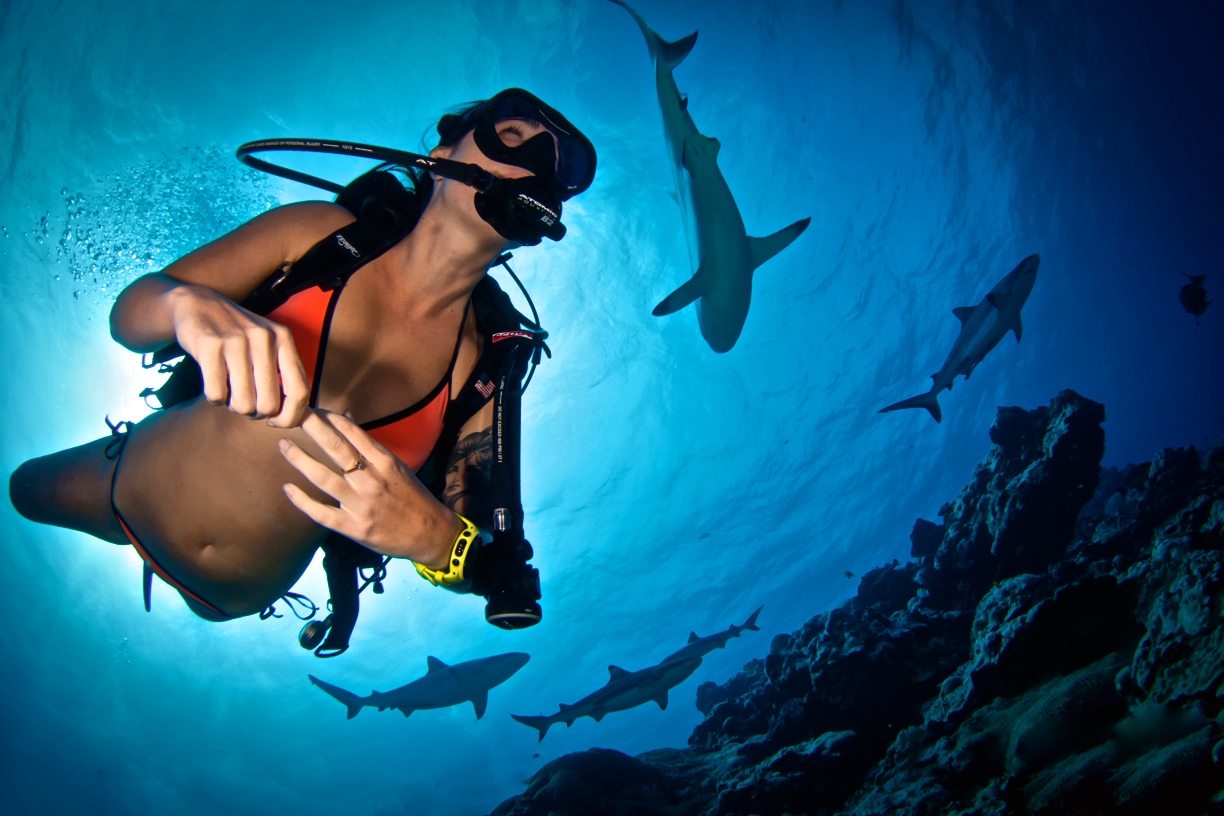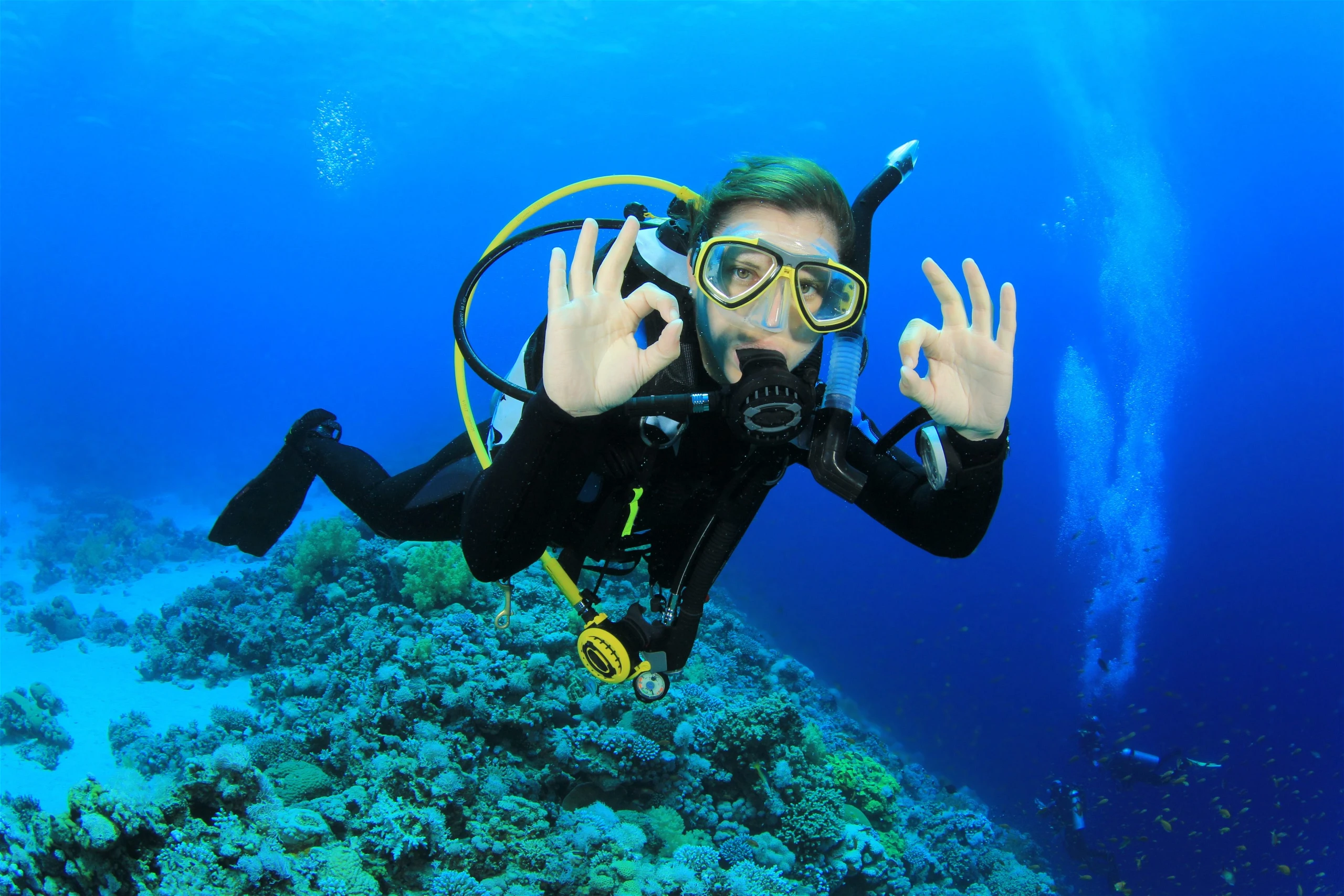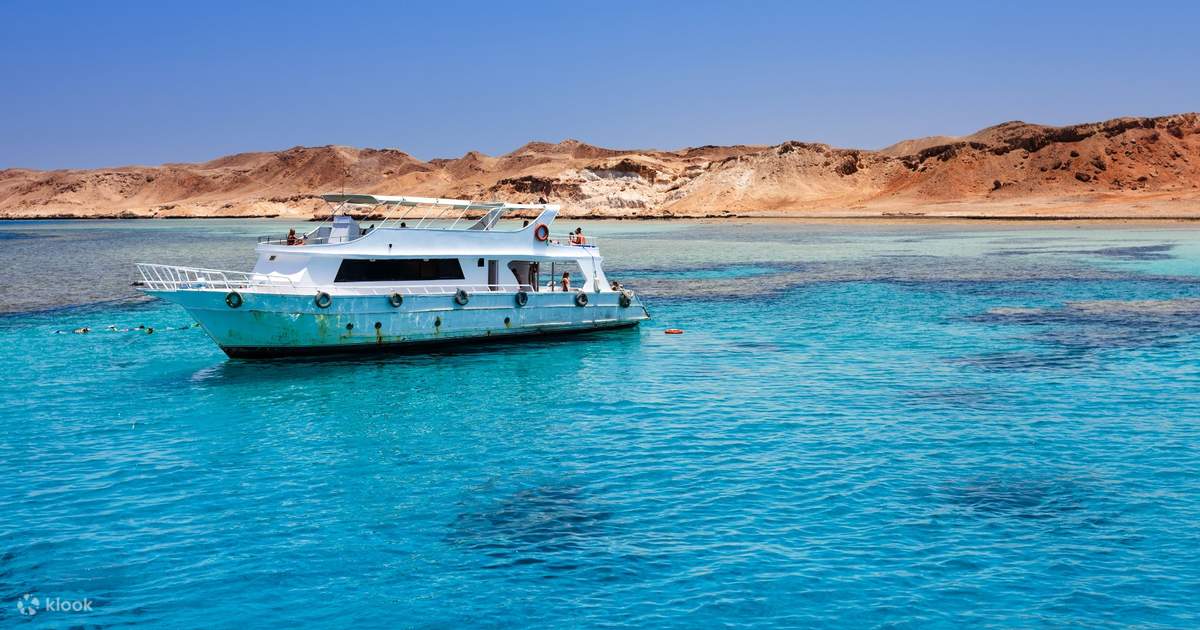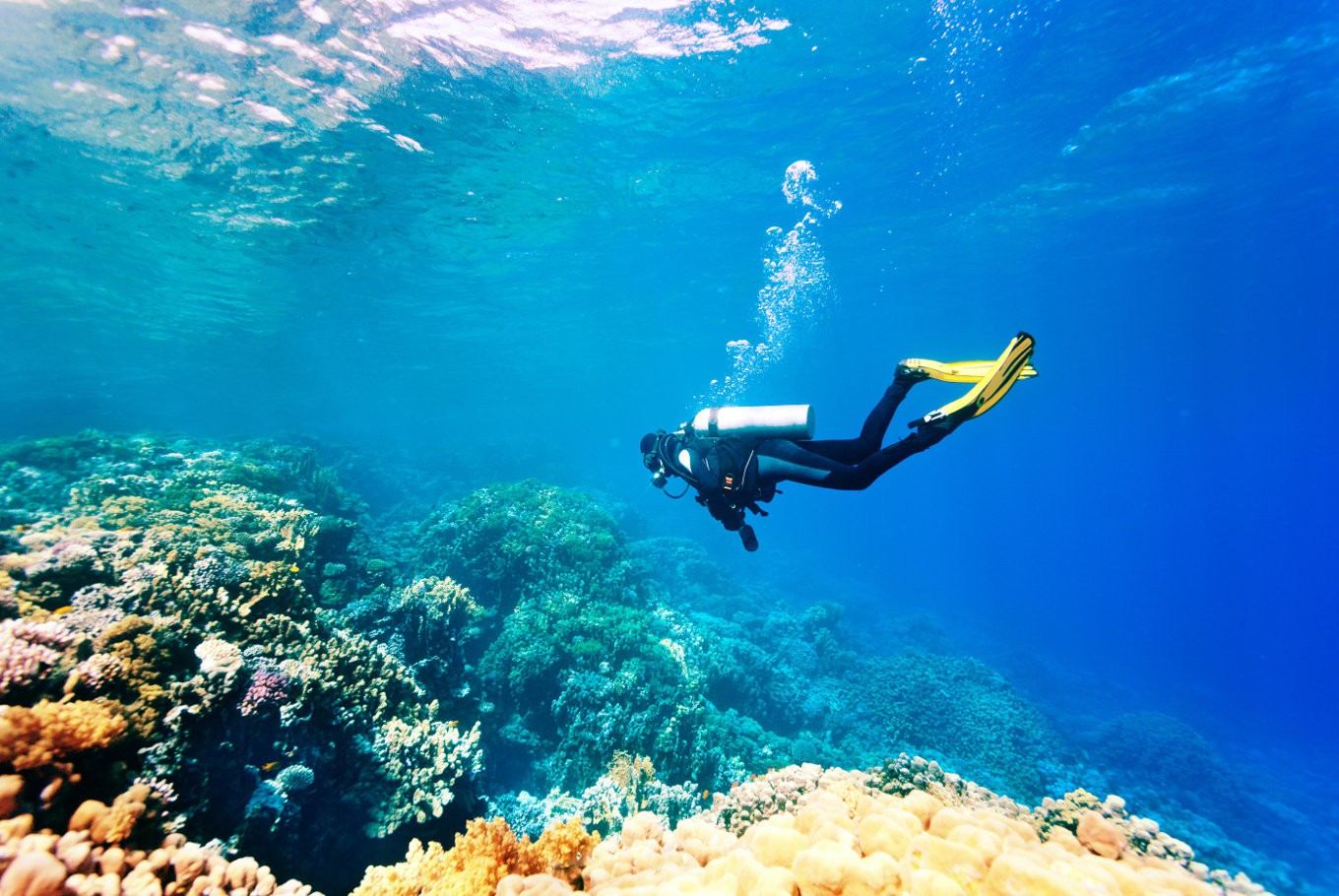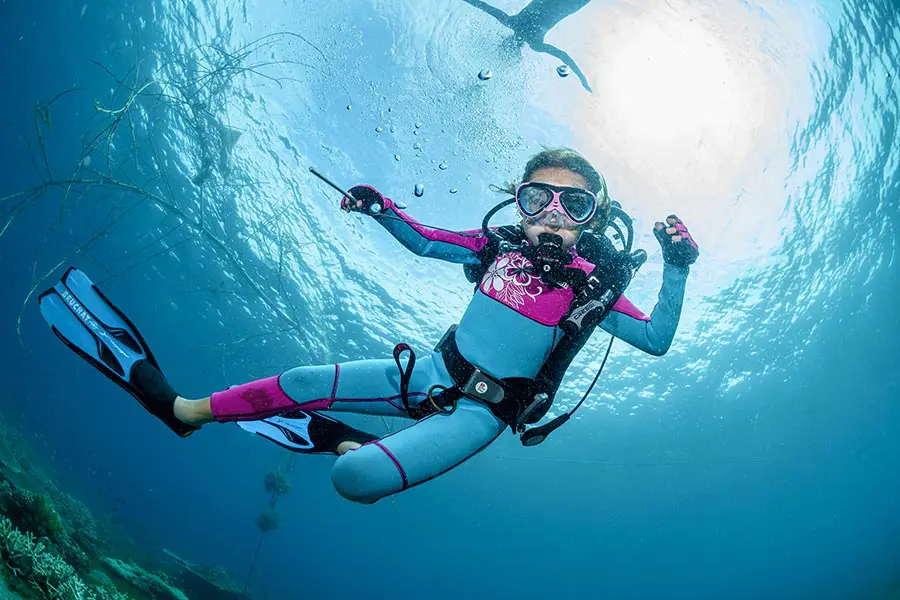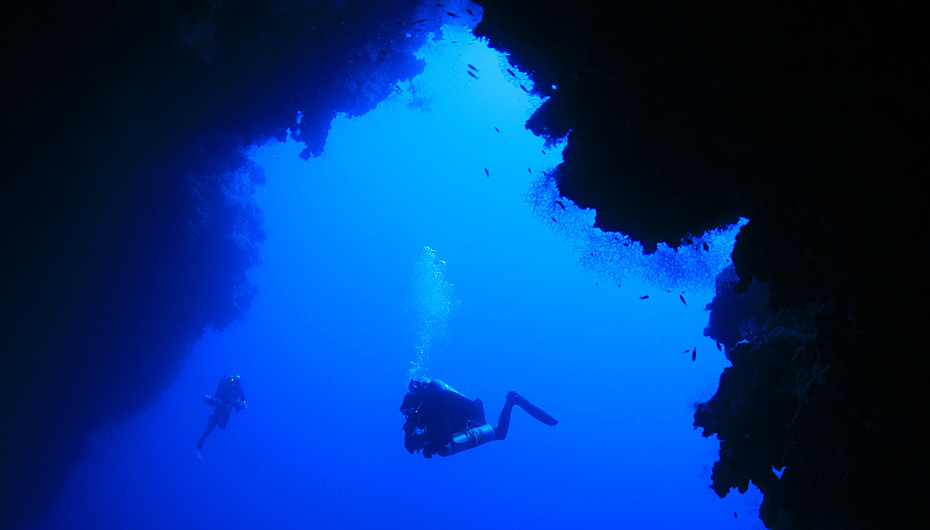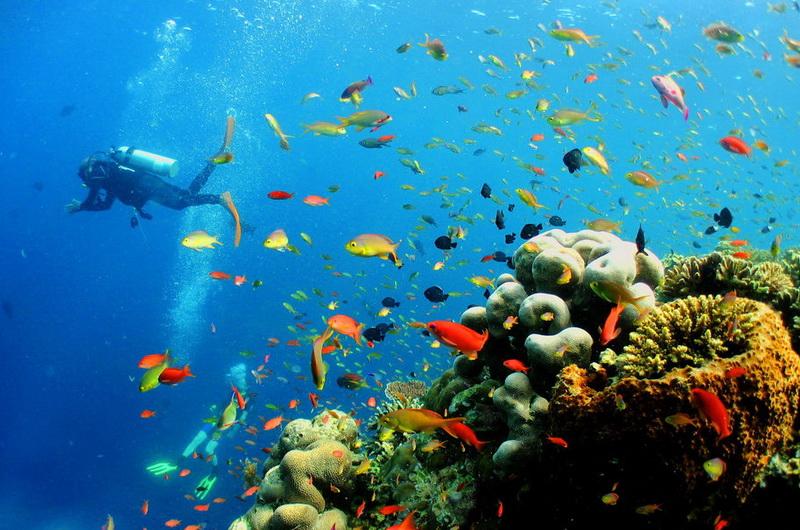- 02.09.2024
Diving is an exciting sport and recreation that allows you to dive into the amazing underwater world. If you dream of seeing the beauty of the sea depths with your own eyes, diving is exactly what you need. However, before you go on your first dive, you need to undergo special training and get a diver's certificate.
Where to start learning to dive
The first step to becoming a diver is choosing a school or training center. When choosing should pay attention to the reputation of the institution, the qualifications of instructors and the presence of all necessary permits and licenses.
Most training courses consist of theoretical (learning the basics of physics and biology of the sea, safety equipment) and practical part (practicing the skills of swimming underwater). At the end of the course, a certificate is issued, confirming the availability of skills in diving.
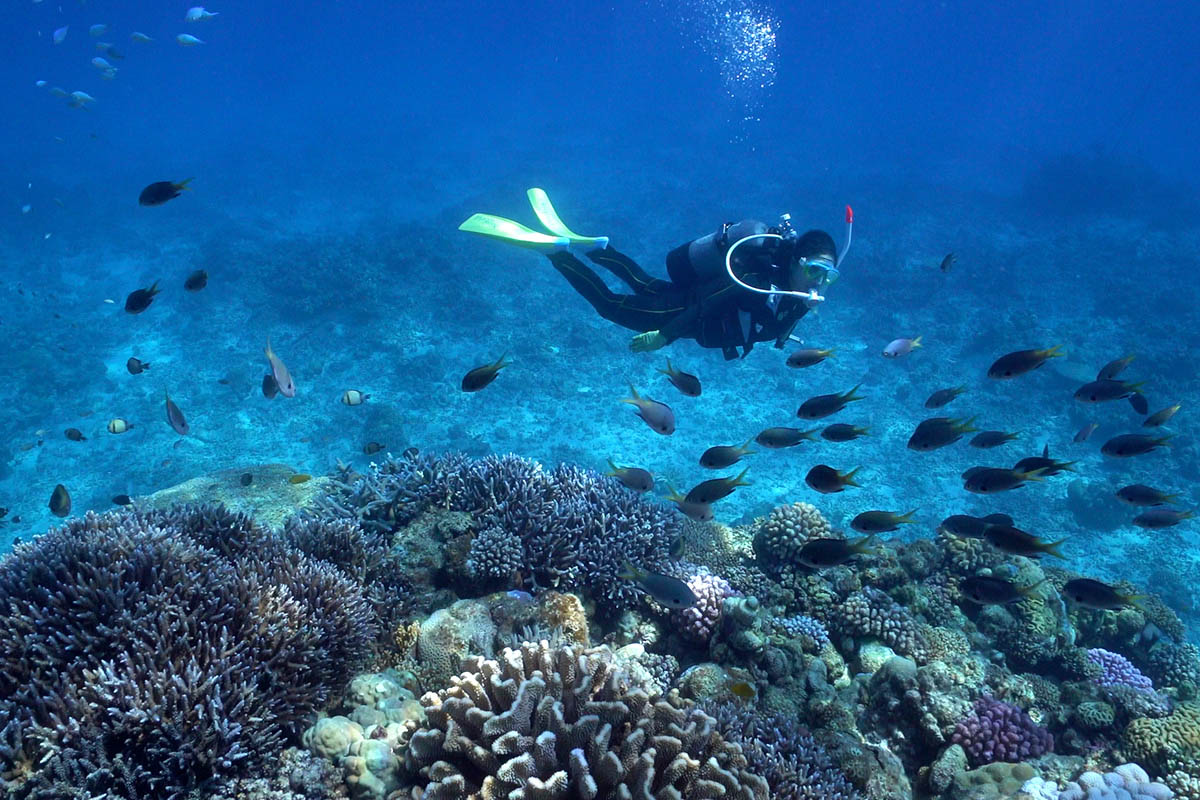
Diving training is conducted according to one of the systems:
PADI (Professional Association of Diving Instructors) is the world's largest diver certification organization. PADI programs are recognized worldwide and are the industry standard. The system includes a wide range of courses from beginner to professional level. The association has a huge global network of authorized centers and instructors. One of the diving schools offering PADI training is Easy Divers Dive Center in Sharm El Sheikh.
NAUI (National Association of Underwater Instructors) is one of the oldest and most respected diving training organizations. Known for its academic approach to training and high safety standards. Emphasizes theoretical training and the development of practical skills. NAUI programs are recognized in many countries around the world.
SSI (Scuba Schools International) is a relatively young but rapidly growing diving training organization. It offers modern programs with an emphasis on the application of new technologies, pays great attention to environmental protection and nature conservation, has a wide international network of authorized training centers.
By choosing one of these leading dive training systems, you will receive a quality education and be able to dive the underwater world with confidence.
How to choose an instructor
Choosing a diving instructor is one of the most important steps in learning this sport. The qualifications and experience of the instructor determine the safety and quality of the training that the diver receives.

Basic recommendations for choosing a good instructor:
- Check his/her qualifications. Make sure the instructor has the appropriate certification from a recognized organization (PADI, SSI). This ensures that the trainer has the necessary skills and knowledge to deliver safe and effective diving lessons.
- Experience. The longer the instructor has been conducting lessons, the better and more effective the training will be.
- Check out testimonials. Ask for recommendations from other divers or look for reviews online. This will help you understand how well the instructor conducts classes and how well they handle different situations.
- Pay attention to communication skills. A good instructor should be able to explain complex concepts and techniques clearly and understandably. He should also be patient and willing to answer your questions.
- Mutual understanding. Diving requires close interaction between the instructor and the student. Therefore, it is important to find an instructor with whom you feel comfortable and confident.
- Consider the cost. The cost of diving lessons can vary greatly depending on location, instructor level, and course length. Compare the prices of different instructors, but remember that the cheapest option isn't always the best.
- Have a face-to-face meeting. Before you sign up for a course, ask the instructor for a face-to-face meeting. This will give you a chance to ask additional questions, discuss the training plan, and make sure you feel comfortable with the instructor.
It's important to remember that choosing a dive instructor is a personal choice for each individual. Find one who meets your needs and expectations and enjoy the learning process.
What equipment beginners need
To start diving lessons, you need basic equipment including a mask, snorkel, fins, wetsuit, regulator, compressed air tank and other accessories. Many diving schools provide the necessary equipment during training, so at the first stage you do not have to buy it yourself.

Advice for first-time divers
The first scuba dives are always the most exciting. To make a beginner feel “like a fish” underwater, you should follow the general recommendations:
- Follow safety rules. Never dive alone and always follow the instructor's instructions.
- Gradually increase the level of difficulty of your dives. Start with shallow and short dives and then gradually increase the depth and duration.
- Practice regularly. The more often you dive, the faster you can gain the skills and confidence you need.
- Keep learning. Don't stop at a basic certification, but continue to upgrade your skills by learning new diving techniques and directions.
By following these tips, you will be able to learn diving safely and effectively and enjoy all of its benefits.
